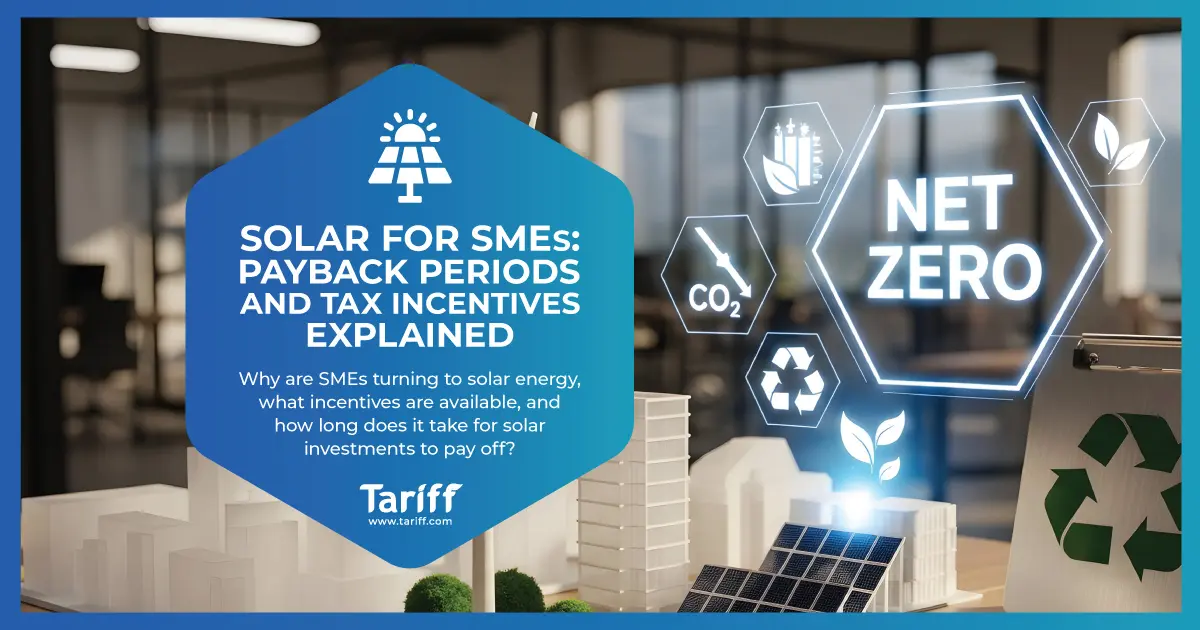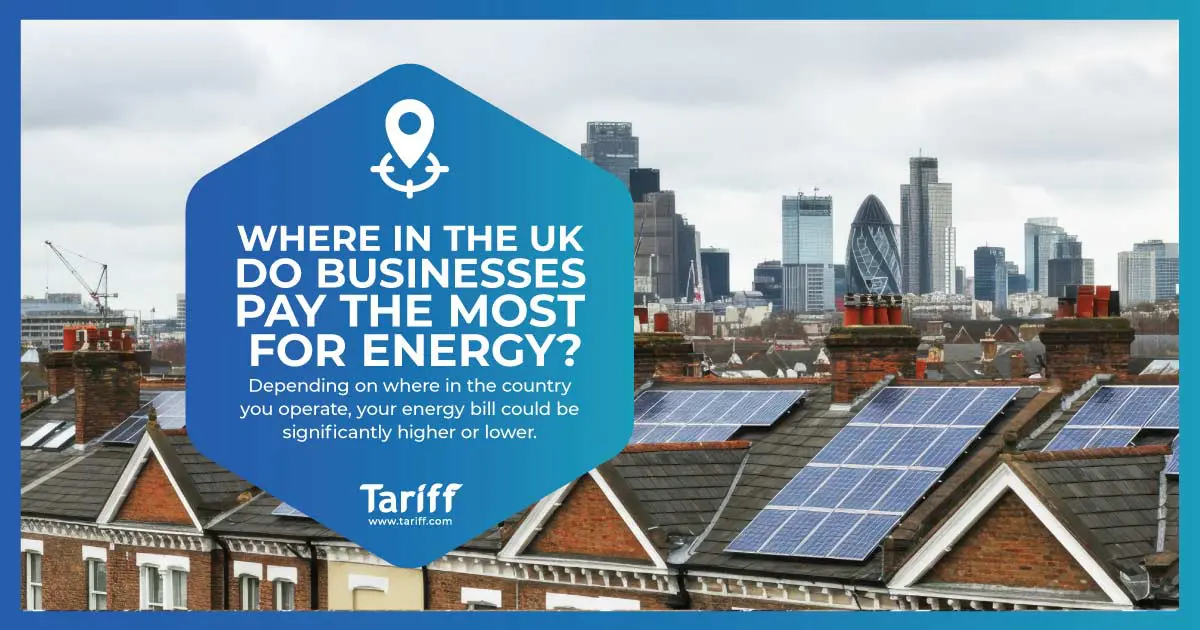Plastic Pollution & Period Shame: An Unspoken Problem
Over recent years, many companies have taken measures to reduce the amount of plastic in their products and reduce their environmental footprint. McDonalds have introduced paper straws, plastic cutlery has been replaced with wooden versions, and soft drink companies have attached bottle lids to the plastic rings underneath for combined recycling.
Despite this recent trend, these changes have yet to hit the menstrual product industry, with many disposable, single-use products containing high volumes of plastic still being in use. Many of these items end up dumped in our landfills or floating in our seas, with one report from the EU finding menstrual products to be the fifth most common item to wash up on Europe’s beaches.
Inevitably, these items contribute to global plastic pollution, causing great damage to the environment and local wildlife, and permanently altering the earth’s ecosystems.
In this blog, we’ll examine how menstrual products contribute to worldwide pollution, and why changes to the industry have been slow to materialise. We’ll explore the wider causes and effects of plastic pollution, and how people and businesses can do their bit to reduce harmful emissions and reach net-zero.
Which Menstrual Products Contain Plastic?
Despite what some might think, common menstrual products contain alarmingly high amounts of plastic. Sanitary Towels alone are estimated to be 90% plastic, with tampons coming in at 6%. On top of that, packaging for pads contain material equivalent to 5 plastic bags, while single-use tampon applicators are responsible for 2.7 tonnes of plastic annually. This paints a grim picture of the industry, with its plastic output rivalling some of the greatest polluters in the UK.
The disposal of these products create significant problems for the environment. Many are flushed down toilets and into sewers, which eventually wind their way into our rivers, lakes, and oceans. An estimated 4.6 million menstrual products are flushed every day in the UK, which not only causes blockages and sewage problems, but also harms marine life and pollutes coastlines. Consequently, it’s vital to properly dispose of menstrual products by binning them rather than flushing them. Many public toilets even have sanitary bins for this purpose, although some don’t, which can result in people having no choice but to flush.
Certain parts of menstrual products can also be recycled, such as wrappers or cardboard, whereas some products can even be composted. Regardless, much of the material ultimately ends up being dumped in a landfill, creating 200,000 tonnes of waste every single year.
With all this plastic taking as long as five hundred years to fully decompose, a number of brands offer more eco-friendly alternatives. Companies like Natracare sell organic and biodegradable period products, which are entirely plastic-free, whereas re-usable pads and period underwear can be washed and worn again for dozens of occasions. Menstrual cups are also a great solution, as they can be cleaned and re-used.
Ultimately, the choice of which product to use is down to the preference of the individual – there are enough sustainable options to ensure a healthy and eco-friendly cycle for everybody. Not only is this cheaper in the long-term instead of continually purchasing new single-use products, but it also prevents harmful plastics from lingering in our environment. These eco products aren’t new either – many have existed for decades, but simply have not seen the same traction and cashflow as more well-known brands.
What Is Period Shame?
One explanation for the slow transition to more eco-friendly products is the general reluctance to talk about menstrual topics in society. This is sometimes known as period shame, which refers to the often-negative communication surrounding menstruation. This derives from a common focus on the pain, discomfort, and low mood of periods, as well as the expectation for menstruaters to maintain silence around their cycle.
According to research, cultural attitudes and taboos make it socially unacceptable to have conversations about periods, with many young women being taught that the topic should not be brought up in public. Accordingly, most people find it uncomfortable or embarrassing to talk about, including those who do and do not menstruate, making it an especially difficult topic to navigate. Even when the taboo is broken, it’s usually to complain about the symptoms, and rarely consists of any positive or constructive dialogue.
As a result, discussions surrounding the sustainability of menstrual products are hampered by societal constraints, meaning it has not received the same exposure as other topics that are seen as more appropriate. Unfortunately, as we’ve seen, the lack of an open and honest dialogue has had far-reaching ramifications for the industry, women’s health, and the environment as a whole.
One of the worst consequences of this is undoubtedly the increased plastic pollution caused by period products.
How Is Plastic Pollution Affecting The Planet?
Menstrual products add to the over 20 million tonnes of plastic leaking into our waterways every year, but how exactly does this plastic damage our environment? Here are a few of the most pressing concerns.
1. Climate Change
Firstly, most plastics are made of chemicals that are produced using coal, oil, and gas, so even before they become waste, the production of plastic has released harmful emissions into the atmosphere. It is estimated that menstrual products have a yearly carbon footprint of 5.3kg CO2 equivalent. This contributes to global warming, the melting of the ice caps, and a series of extreme weather conditions such as flooding, storms, and droughts.
2. Garbage Piles
If that wasn’t enough, the persistent dumping of plastic into the ocean has resulted in the creation of massive garbage piles. These span hundreds of thousands of square miles, with the largest instance covering an area three times the size of France! Due to the length of time it takes for plastic to degrade, these garbage piles will stick around for hundreds of years, releasing toxins into the water that will kill aquatic life and plants.
3. Loss Of Biodiversity
Plastics are often ingested by animals, killing them from the inside out and threatening many species with extinction. This has a knock on-effect across the ecosystem, depriving predators of food sources and permanently altering the world as we know it. The reduced level of biodiversity will cause endless problems – wiping out key pollinators, toxifying soil, and reducing the number of carbon-dioxide absorbing trees to name just a few.
4. Microplastics
Finally, tiny molecules of plastic have been found in food and human waste. These microplastics break off from bigger plastic items and find their way into the food we eat and the products we consume. Their impact on our health is so far unknown, but has the potential to cause real damage.
It is crucial to consider that these problems are not unique to menstrual products – many other items, including beauty products like makeup wipes, lipstick, and mascara, contain plastic on some level. In many ways, cheap and strong plastic products are the most convenient option in our fast-paced, consumer-heavy world, and taking the environmentally conscious path is often the most difficult and time-consuming one.
In essence, it serves as a reminder of the role we all play in protecting the environment and preserving the planet for future generations. Menstrual products are just one part of a far larger fight – we need to transform our energy infrastructure and business practices to reach net-zero, and reduce the amount of waste that is left to wash up on our beaches or congeal in our oceans.
How Tariff Can Help You Help The Planet
Tariff are net-zero energy consultants, specialising in making green, renewable energy work for you. We will take your business and revolutionize its energy requirements, guiding you through every step of the process, and ensuring that we build a brighter, greener future together.
With our five-step strategy, we will identify the environmental impact your business has, set achievable targets to tackle your emissions, and work to reduce and offset your carbon footprint. Finally, we will help you spread this amazing news to your customer base, so they’re aware of your commitment and the steps you have taken to protect the planet.
Only by speaking openly about the problems facing our world can we make a true difference, no matter how uncomfortable a topic may be. In line with this, and as experts in helping businesses protect the environment, Tariff offer a multitude of solutions to reduce the harmful impact of menstrual products. This includes optimizing energy usage in the production process, launching environmental projects to clear beaches of plastic, and other key elements to help improve the industry and save the environment from an unspoken problem.
Here at Tariff, we offer a broad range of services, from installing solar panels and hydroelectric turbines to optimizing your gas, electricity, and water bills. Whatever you’re looking for, we can advise the action that you need to make a difference to your business and help the environment in tandem.
For all your green energy needs, choose Tariff. To find out more about the services we provide, contact our team for a free, no obligation quote.




